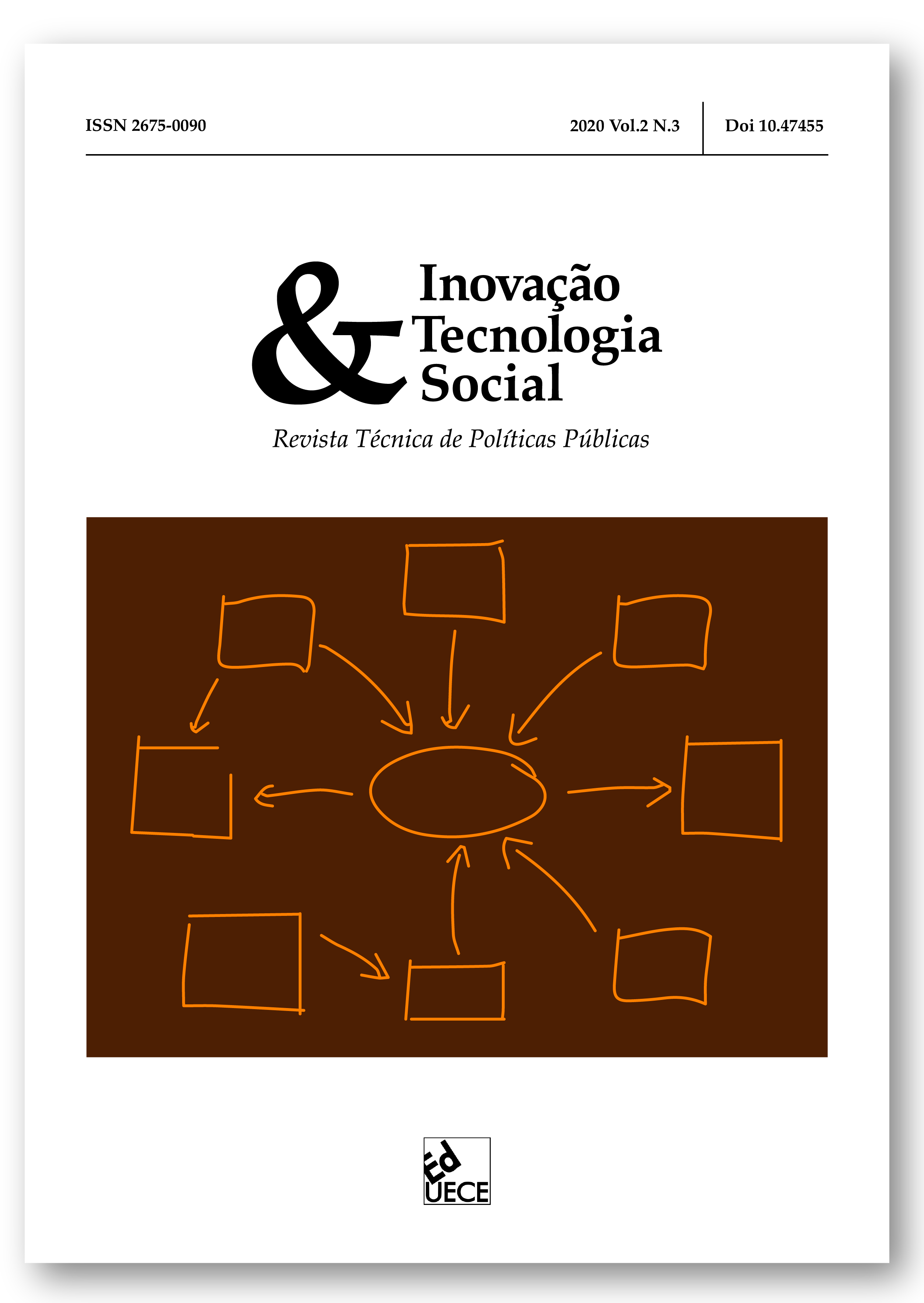Educação Profissional no Brasil, Escola Unitária e a Agenda Globalmenente Estruturada
DOI:
https://doi.org/10.47455/2675-0090.2019.1.3.3865Keywords:
public policy, professional education, unitary school, work as an educational principleAbstract
The Professional Education scenario is where the central plot of this article unfolds. We will start from the presentation of the Gramscian perspective of unitary school, as well as the definition of work as an educational principle, present in an almost hegemonic way in the legislation about the public policy of Professional Education in Brazil and in the visited literature. From the readings undertaken, we found that the perspective that Gramsci adopts in his conception of Education, and more specifically of Professional Education, as well as his school model, are defended, at least in theory, in the field of Brazilian educational
policy in the document “ Public Policies for Professional Education ", considered the initial milestone in the public debate about the Professional Education model to be adopted as public policy in Brazil, and in the" National Curriculum Guidelines for Technical Education for High School Level ". Thus, we understand that Gramsci is present in the conceptualization and theoretical framework of the main documents and in the legislation that regulates Professional Education in Brazil. Finally, we will try to analyze a more current
perspective in relation to Professional Education, introducing more recent questions about the impact of the so-called “globally structured agenda” in education, seeking to relate it to this type of teaching in the country
References
DORE, Rosemary. Afinal, o que significa o trabalho como princípio educativo em Gramsci? Campinas: Cad. CEDES – v. 34, n. 94, p. 297 – 316, set – dez, 2014.
FRIGOTTO, Gaudêncio. Educação e Trabalho: bases para debater a Educação Profissional Emancipadora. PERSPECTIVA, Florianópolis, v.19, n.1, p.71-87, jan./jun. 2001.
__________; CIAVATTA Maria, RAMOS Marise. A política de educação profissional no governo Lula: um percurso histórico controvertido. Educ. Soc., Campinas: v. 26, n. 92, p. 1087-1113, Especial - Out. 2005. Disponível em: <http://www.cedes.unicamp.br>. Acesso em: 06/01/2017
GRAMSCI, Antônio. Cadernos do Cárcere. Volume II. 2º Ed. Rio de Janeiro: Civilização Brasileira, 2001.
LIMA, Marcos Roberto. Gramsci e a escola unitária: atualidade do trabalho como princípio educativo em tempos de reestruturação produtiva do capital. Campinas: Anais da XII Jornada do HISTEDBR, 2014.
MOURA, Dante Henrique. Trabalho e formação docente na educação profissional. v. 3Curitiba: Instituto Federal do Paraná, 2014. Coleção Formação Pedagógica.
SAMPAIO JR, Plinio de Arruda. Globalização e reversão neocolonial: o impasse brasileiro. En publicación: Filosofía y teorías políticas entre la crítica y la utopía. Hoyos Vásquez, Guillermo. CLACSO, Consejo Latinoamericano de Ciencias Sociales, Buenos Aires. 2007. ISBN: 978-987-1183-75-3.
SAVIANI, Demerval. História das ideias pedagógicas no Brasil. Campinas: Autores Associados, 2007.
SOBRAL, Karine Martins; RIBEIRO, Ellen Cristine dos Santos; ARAÚJO, Raquel Dias. O trabalho como princípio educativo: da escola unitária para a ditadura revolucionária do proletariado. Fortaleza: Anais da I jornada internacional de estudos e pesquisas em Antônio Gramsci – Universidade Federal do Ceará, 2016.
SOUZA, Ângelo Ricardo de. A teoria da agenda globalmente estruturada para a educação e sua apropriação pela pesquisa em políticas educacionais. Porto Alegre: RBPAE – v. 32, n. 2, p. 463 – 485, mai – ago, 2016.



